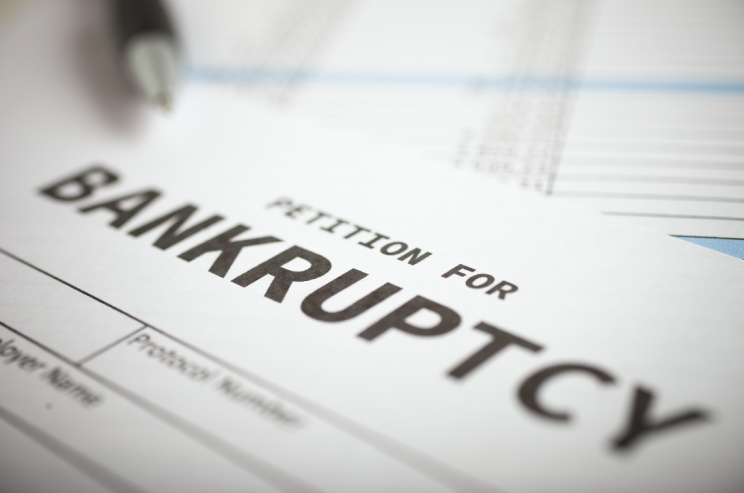Money Basics: What is bankruptcy?
Welcome to Money Basics, Yahoo Finance’s new personal finance series offering quick explanations for some of the most important terms involving your money.
Bankruptcy is a legal process that helps individuals and companies that can’t pay their debts to reorganize and pay it off. It can be a difficult, stressful and potentially expensive process. It can take many months or even years to get out of, depending on an individual’s or company’s situation and the type of bankruptcy filed.
Generally, bankruptcies fall under two categories—liquidation, in which assets are sold to repay debts, and reorganization, under which the debtor repays all or some of the debt over a period of time. There are six types, or chapters, of bankruptcy. Each has strict rules and requirements.

Even though bankruptcy is a federally regulated program, each state may have different rules or exemptions under the different chapters of bankruptcy.
One of the most common forms of bankruptcy is called Chapter 13, also known as the Wage Earner’s Plan. This chapter of bankruptcy is designed to help people who earn regular incomes from steady jobs yet are unable to pay off crippling debt. Chapter 13 allows the person, under court supervision, to reorganize debts and structure payments. He or she is allowed to keep property and avoid foreclosure on a home if certain obligations are met. The structured payment plan allows for an extended time period to pay off debt to make it more manageable.
Bankruptcy is intended to act as a reset for a debtor struggling to meet payments, but it does come with some costs. You’ll likely have to pay filing fees and hire an attorney. And a bankruptcy will negatively affect your credit score and can stay on your credit history for up to 10 years, depending on the type of bankruptcy.
If you are considering bankruptcy, experts advise talking to a bankruptcy attorney, certified financial advisor or accountant to learn more about the process and any alternative options. Learn more about bankruptcy basics.
More from Money Basics:
• What is APR?
• What’s your net worth?
• What’s the Dow Jones?
• What’s the NASDAQ?
• What is a credit report anyway?
